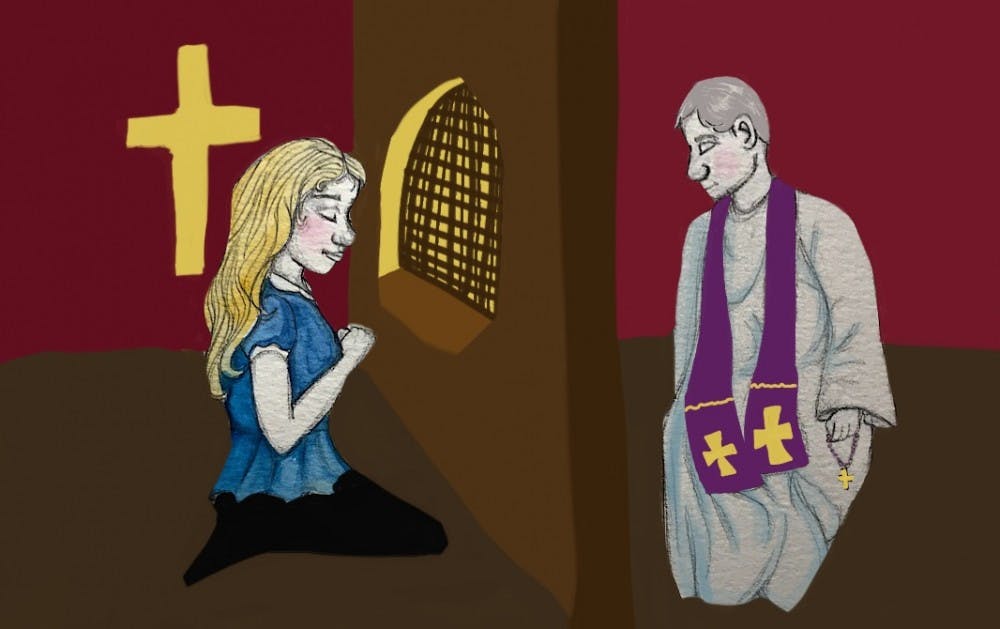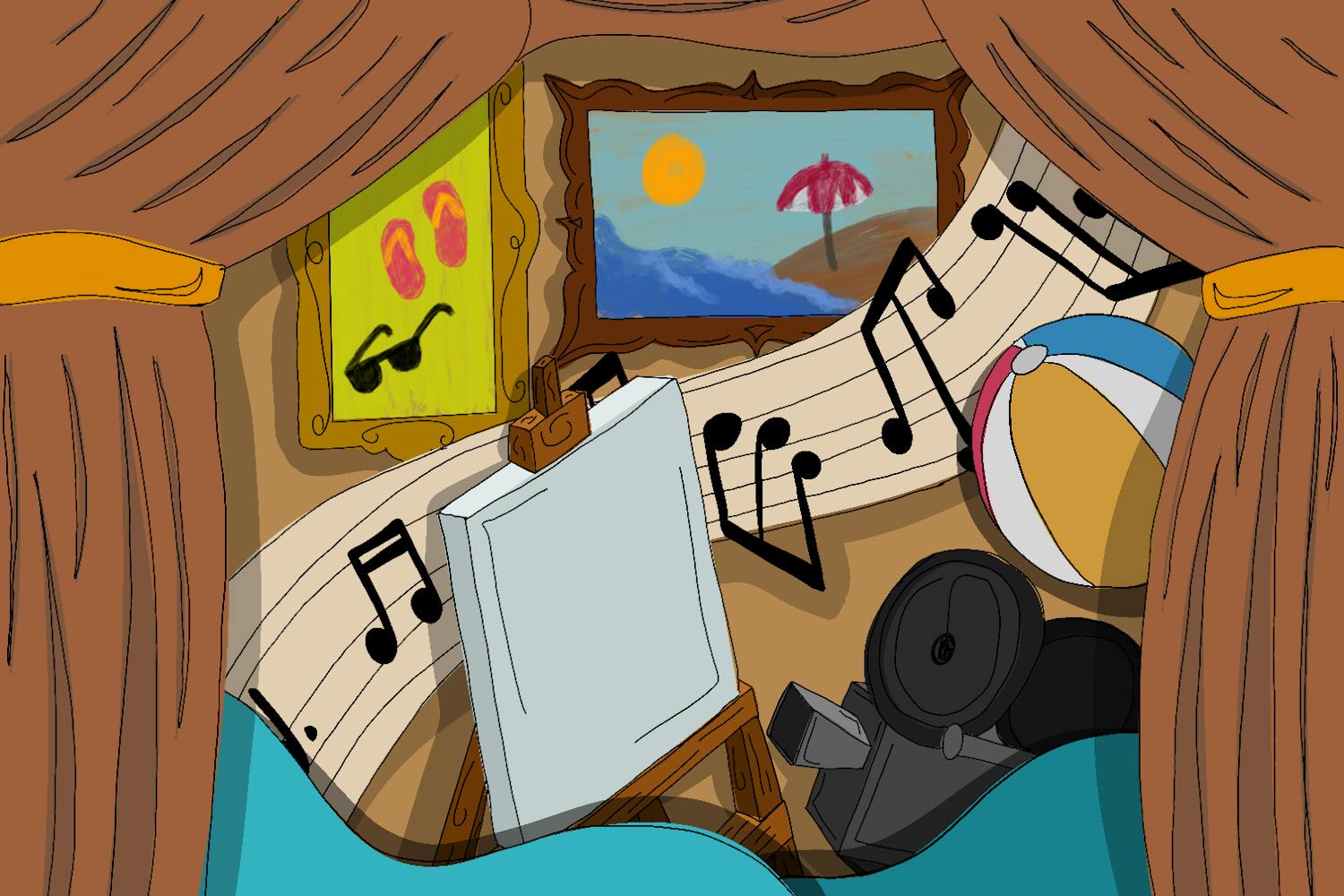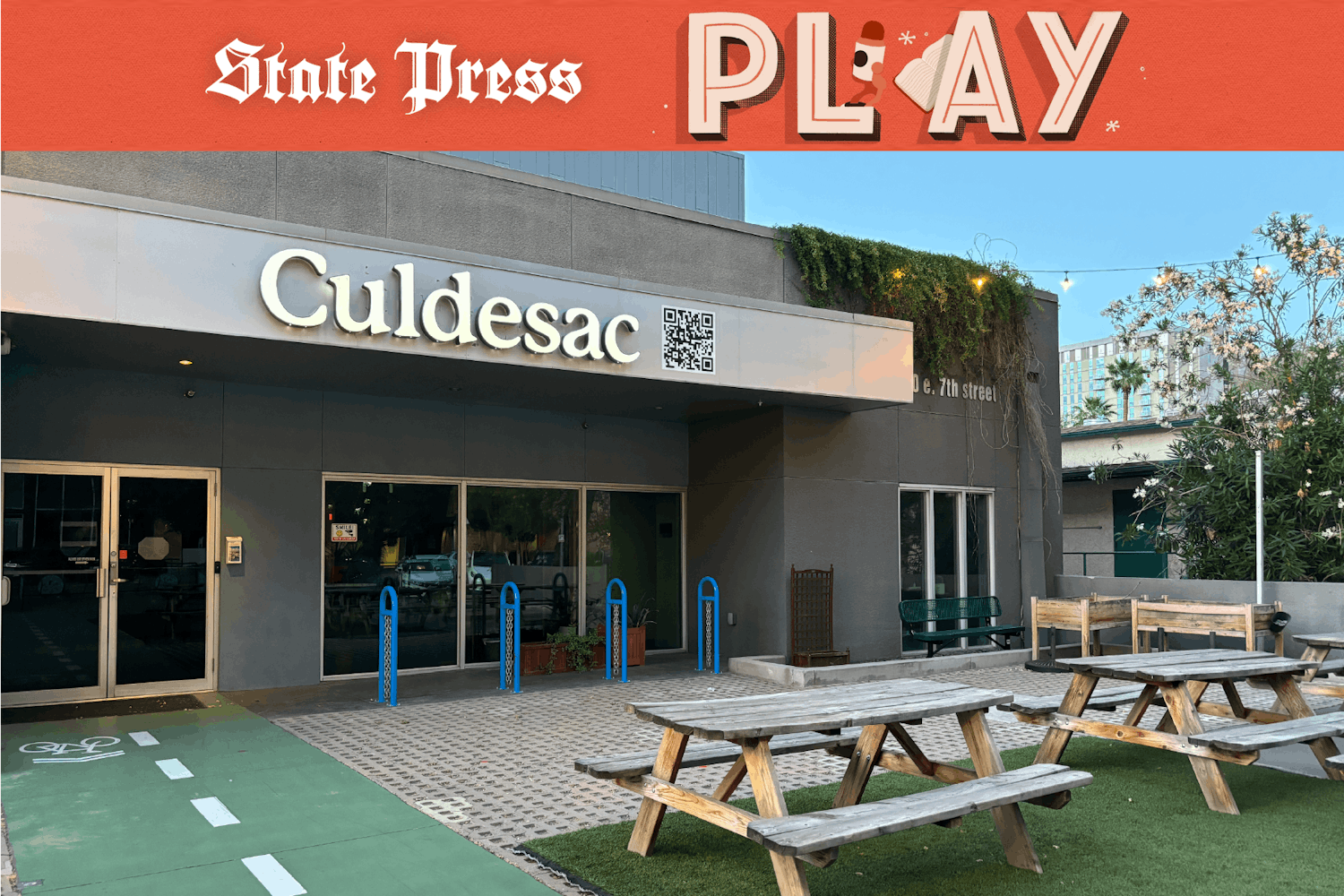For the first two years of college, I was burdened by the presence of the predisposed agenda about what we are allowed to be and what we are and are not allowed to do, better known as Catholic guilt. This religious manifestation came from my upbringing in a traditional Mexican Catholic household.
I started feeling the presence of my Catholic guilt when I decided not to participate in traditions such as Ash Wednesday and stopped regularly attending confession. In actuality, I didn't stop believing in the religion, but I was no longer at home and life caught up with me.
For many lapsed or non-practicing Catholics, succumbing to catholic guilt can prevent them from truly discovering themselves in college. For students, it is beneficial to keep in mind that they can simultaneously be religious and a normal college student.
In fact, college is the only time where students are able to commit mistakes and experiment with their identity without facing overly serious repercussions. For students at ASU, this is undoubtedly the best time to overcome or learn how to handle Catholic guilt.
Jason Bruner, an assistant professor of Global Christianity at ASU, referred to Catholic guilt as a “lingering sense of personal feeling about a pervasive shortcoming” and a “hyper amplified conscience.”
There is nothing wrong with Catholicism and many of the scriptures teachings, especially as they are a defining contributor to the development of our morals and even culture. However, Catholicism and several other religions do not have a history of being welcoming and accepting to LGBT+ individuals, and the self-expression of women or anyone who does not identify as a cisgender male.
Catholic guilt can be a deterring factor for students who may be coming to terms with their identity as a member of the LGBT+ community, as it may skew their perception of themselves, especially considering that gender identity and sexual orientation are not decisions.
For college women who omit gender norms for their process of self-expression, they may feel the accumulating pressure of societal repercussion and their own dwelling conscience.
This can be a result of normal college activities such as dating, drinking and partying.
Catholic guilt is an issue that can only end if it is confronted directly. The alternative for students dealing with Catholic guilt would be to deal with the stress and empty sense of identity in a time period where one is no longer a student, but working and finding stability in their post-college life.
This is clearly not ideal, and at this point, the majority of one's colleagues and peers have already crossed that stage in life. Additionally, exposure to different lifestyles and communities would be more difficult to access after the college time period.
Bruner said that the effects Catholic guilt has onto students include “shame or trauma, spiritual, psychological, physical, around some of those events and teachings of beliefs.”
No matter how it manifests in an individual, regardless of their identity, students can work to overcome their Catholic guilt during their college experience.
Reach the columnist at jguzma19@asu.edu or follow @JennyGuzmanAZ on Twitter.
Editor’s note: The opinions presented in this column are the author’s and do not imply any endorsement from The State Press or its editors.
Want to join the conversation? Send an email to opiniondesk.statepress@gmail.com. Keep letters under 500 words and be sure to include your university affiliation. Anonymity will not be granted.
Like The State Press on Facebook and follow @statepress on Twitter.




